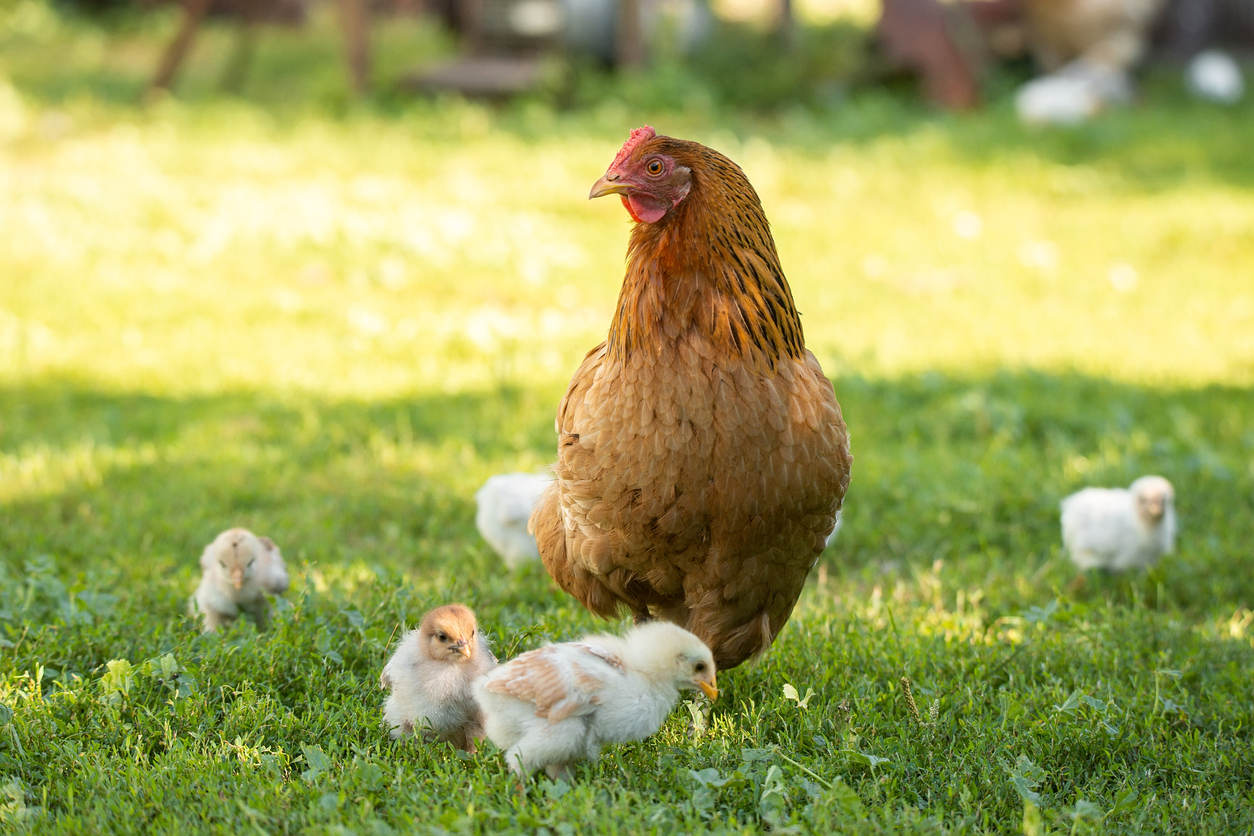A Comprehensive Guide to Starting a Poultry Farming Business in Nigeria
How to Start a Profitable Poultry Farming Business in Nigeria: A Comprehensive Guide
Starting a poultry farming business in Nigeria can be highly profitable if done correctly. With a growing demand for poultry products such as eggs and meat, there is ample opportunity for new entrants in the market. This comprehensive guide will walk you through the steps needed to start a successful poultry farming business in Nigeria, covering everything from planning and setup to management and marketing.
Understanding Poultry Farming
Poultry farming involves raising domesticated birds such as chickens, ducks, turkeys, and geese for their meat and eggs. In Nigeria, chicken farming is the most popular due to the high demand for chicken meat (broilers) and eggs (layers).
Step-by-Step Guide to Starting Poultry Farming in Nigeria
1. Conduct Market Research
Before starting, it’s crucial to understand the market dynamics. Identify your target market, understand the demand and supply gap, and analyze your competitors. This research will help you make informed decisions and develop a viable business plan.
2. Create a Business Plan
A well-detailed business plan is essential for success. It should include:
- Business Goals: Define your short-term and long-term objectives.
- Market Analysis: Insights from your market research.
- Product Offerings: Decide whether you will focus on broilers, layers, or both.
- Financial Plan: Budget, startup costs, and projected income.
- Marketing Strategy: How you plan to market and sell your products.
3. Choose a Suitable Location
Select a location that is easily accessible and has ample space for the poultry house and future expansion. Ensure the area is well-drained and far from residential zones to avoid any health and noise issues.
4. Build Poultry Housing
Construct suitable housing to protect your birds from harsh weather, predators, and diseases. The type of housing depends on the scale of your operation and your budget. Ensure the housing has proper ventilation, adequate lighting, and is easy to clean.
5. Select the Right Breeds
Choose breeds that are suitable for your farming goals. For egg production, consider breeds like Isa Brown or Black Australorp. For meat production, popular broiler breeds include Cornish Cross and Ross 308.
6. Purchase Equipment and Supplies
Invest in quality equipment and supplies to ensure efficient operations. This includes:
- Feeding and Drinking Systems: Automated feeders and drinkers to reduce labor costs.
- Brooders: To keep chicks warm during their early days.
- Nesting Boxes and Perches: For layers to lay eggs comfortably.
- Health Supplies: Vaccines and medications to prevent diseases.
7. Feeding and Nutrition
Proper nutrition is vital for the health and productivity of your birds. Invest in high-quality commercial feed that meets the nutritional requirements of your poultry. You can also supplement with natural feed like grains and kitchen scraps.
8. Health Management
Implement a strict health management plan to prevent diseases. Regularly vaccinate your birds and maintain good hygiene in the poultry house. Keep an eye on the birds for any signs of illness and consult a veterinarian when necessary.
9. Hire Skilled Labor
Depending on the size of your farm, you may need to hire skilled labor to help with daily operations. Ensure your staff is trained in poultry farming best practices to maintain high standards.
10. Marketing and Sales
Develop a robust marketing strategy to promote your products. Utilize social media, local markets, and partnerships with retailers and restaurants to reach your target customers. Offering competitive prices and ensuring quality products will help you build a loyal customer base.
Financial Considerations
Startup Costs
Initial costs include land purchase or lease, construction of poultry housing, purchasing chicks, feed, equipment, and vaccines. On average, starting a small-scale poultry farm can cost between ₦500,000 and ₦1,000,000.
Operational Costs
Ongoing expenses include feed, labor, utilities, health management, and maintenance. It’s essential to keep track of these costs to manage your finances effectively.
Profit Margins
Profit margins in poultry farming can be high if managed well. Broilers can be ready for sale in 6-8 weeks, providing quick returns. Layers, on the other hand, can produce eggs for up to 2 years, ensuring steady income.
Challenges in Poultry Farming
- Diseases: Poultry farming is susceptible to diseases that can wipe out entire flocks.
- Market Fluctuations: Prices of poultry products can fluctuate, affecting profitability.
- Feed Costs: Rising feed costs can impact your profit margins.
Conclusion
Starting a profitable poultry farming business in Nigeria requires careful planning, diligent management, and a solid marketing strategy. By following the steps outlined in this guide and staying informed about best practices, you can build a successful poultry farming business.
For more detailed advice and support on starting your poultry farm, contact Wigmore Trading. We offer a range of services to help you succeed, from sourcing high-quality chicks to providing expert guidance on farm management. Visit our website at WigmoreTrading.com to learn more.








LEAVE A COMMENT
You must be logged in to post a comment.